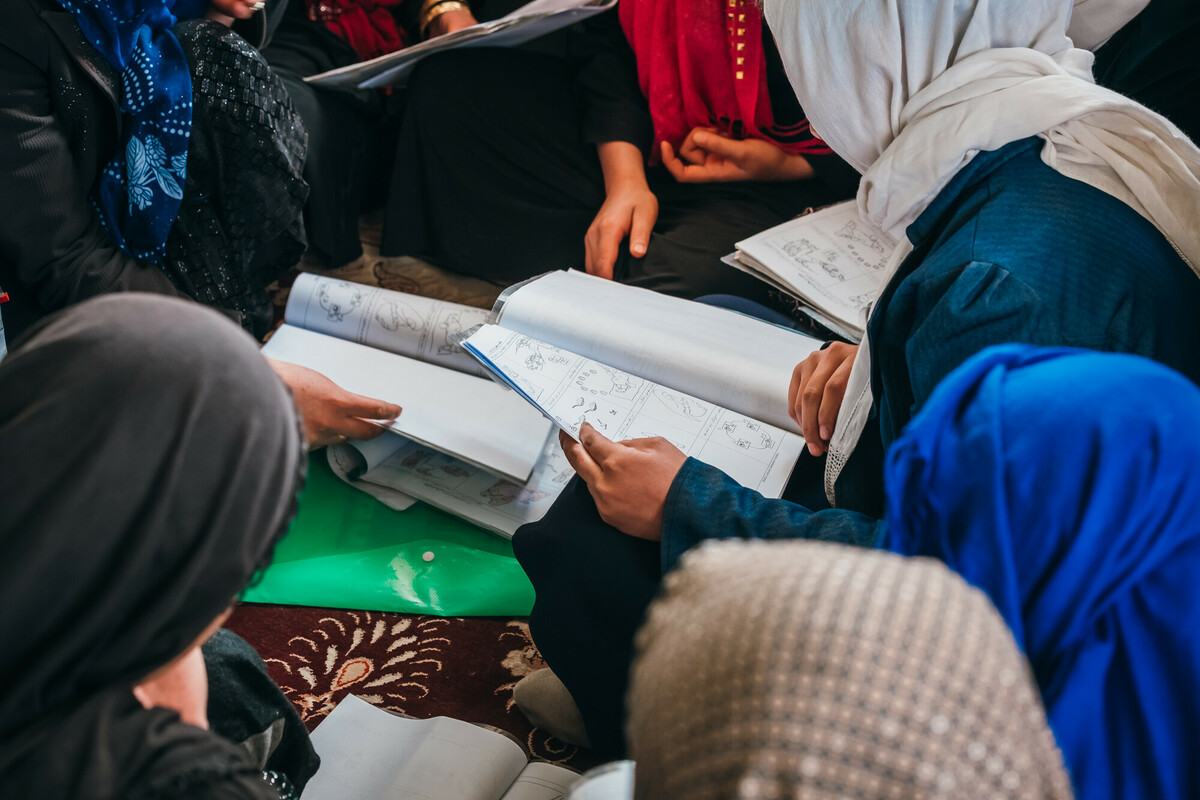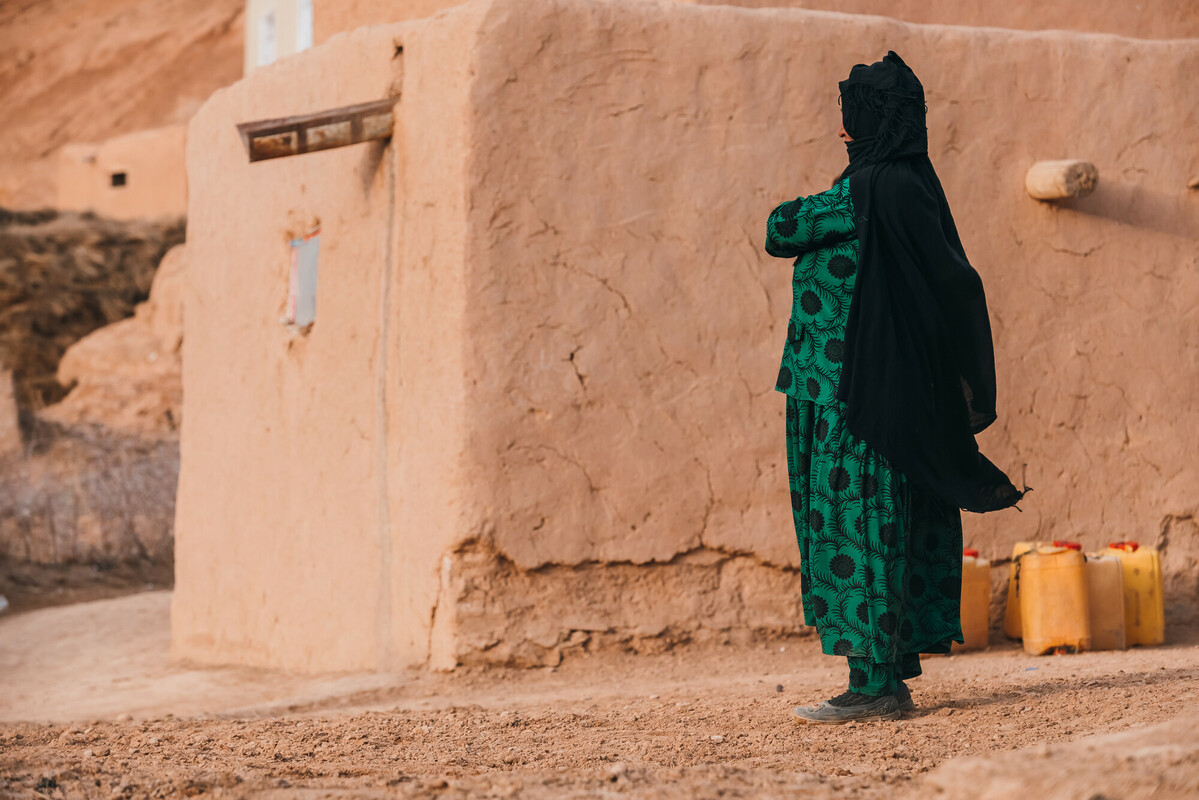
Pray for Afghanistan: “The world has forgotten about us”
The de facto leaders of Afghanistan have recently introduced new laws banning women from speaking in public and leaving the house without a full veil. We spoke to the BMS World Mission team in country to find out how these laws will affect women – and how we can pray for Afghanistan.
“The restrictions have been getting tighter and tighter here,” said BMS World Mission worker Ruby*. “These latest restrictions have been another big blow to the women of this country.” And not only do Afghan women have to cope with the weight of the restrictions themselves, they also live in fear of how the rules might be enforced. “One particular fear is linked to how these rules were enforced last time,” said BMS mission worker Grace*. “Will women be stopped in the street and beaten for non-compliance? Or taken into custody? The detailed restrictions, extending even to the level of not hearing women's voices outside, seem to give huge latitude to enforcers to stop just about anyone.”

Grace also explains the different ways these laws will be accepted across different areas of Afghanistan: “In some rural villages, women never had the freedoms women in the capital city of Kabul had over the past 20 years. These rulings will make little difference to their lives. The lives of these women continue to be very restricted with few, if any, rights over themselves or their children. They are maybe the most forgotten of all.
“[After the first Taliban government fell in 2001,] some women experienced higher levels of freedom in many areas, including education, relationships and clothing,” said Grace. “They’ve continued as much as possible to live this way, despite changes over the past three years, but they are now facing huge uncertainty. These women had begun to believe in their worth, in the value of their voice and their contribution to society. Some had become leaders, movers and shakers. Do they stand and fight or do they leave?”

Ruby and BMS mission worker Reeta* had spoken with some of the younger, more educated women about what they know about the new laws. “They see their dreams going up in smoke,” they said. “Some think it would be better if they were born a boy or even not to have been born at all. Some still study online when the have the money for the internet. They try for all the possible scholarships to be able to get out and have freedom but so few countries will accept them due to where they are from. On a weekly basis we hear them say that the rest of the world has forgotten about them, they no longer care that they are invisible.”

Our mission workers are also concerned about what new laws might mean for BMS’ work in the country. “A key principle of humanitarian work is to do no harm,” said Grace. “There needs to be ongoing assessment of how we can keep our staff safe and how we can safely work with women. Women are among the most vulnerable in their communities. Widows in particular have little choice but to live off charity. There is a great need to allow continued engagement with vulnerable women in a way that does not put them at further risk.”
When the future is so frightening and uncertain, your prayers are urgently needed for the women of Afghanistan. But even in the face of such cruelty, you can remain confident of this: “that you will see the goodness of the Lord in the land of the living. Wait for the Lord; be strong and take heart and wait for the Lord (Psalm 27: 13-14).”
*Names changed for security reasons.
Author: Chris Manktelow
Photos: Photos taken in 2018
Published: 05/09/2024
Pray for women in Afghanistan
Thank you so much for praying for women in Afghanistan. Our mission workers are so grateful for your faithful prayers. Download this prayer sheet to guide your prayers for women in Afghanistan.







